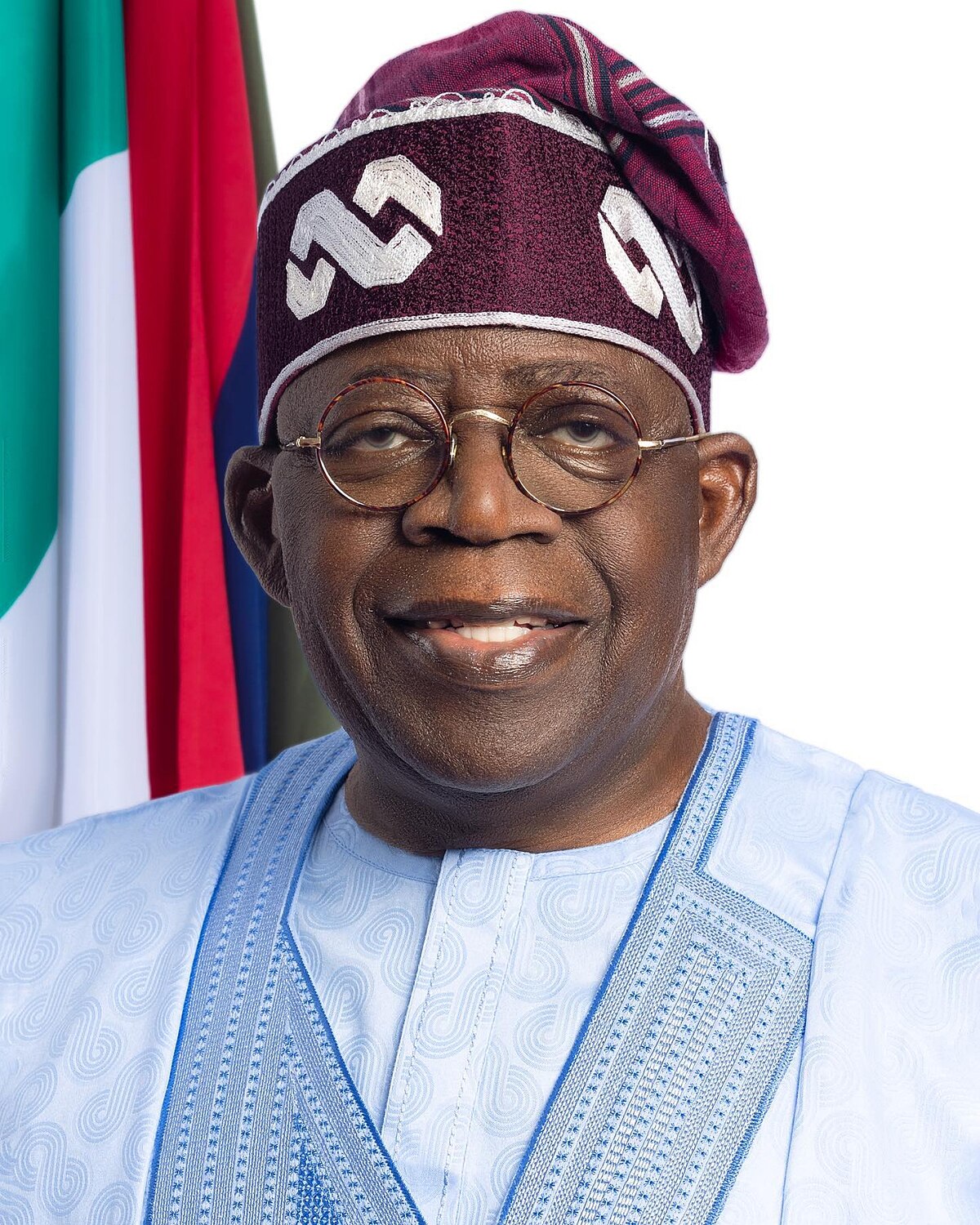Prime Minister Yingluck Shinawatra Ordered To Step Down

A Thai court is expected to rule on whether to remove Prime Minister Yingluck Shinawatra from office over abuse of power charges.
The Constitutional Court will decide whether Ms Yingluck acted illegally when she transferred her national security chief.
The court could also remove some or all of her cabinet, potentially leaving Thailand in a political vacuum.
The ruling comes after months of political deadlock in the country.
Anti-government protesters have been trying to force Ms Yingluck from office since November 2013.
She called a snap general election in February that her party - which has a strong rural support base - was widely expected to win. But the protesters disrupted the polls and the election was later annulled.
Ms Yingluck's supporters believe that the courts are biased against her and side with the urban elite at the heart of the protest movement.
More protests?
On Tuesday, the prime minister appeared in court to defend herself against allegations that she improperly transferred national security chief Thawil Pliensri in 2011.
He has since been reinstated, although he was originally appointed by the previous administration and has been openly critical of Ms Yingluck's government.
"I deny the allegation... I didn't violate any laws, I didn't receive any benefit from the appointment," Ms Yingluck said.
If the court rules against her, she will face a five-year ban from politics. If that happened, she would be replaced by a deputy prime minister from her caretaker cabinet.
The court could also rule against her cabinet, however, leaving Thailand without a government and forcing the appointment of an interim prime minister, a scenario that the protesters have sought.
But government supporters have warned that such a move would lead to them launching their own protest movement, raising the risk of intensified political conflict.
Thailand has faced an ongoing power struggle since Ms Yingluck's brother, Thaksin Shinawatra, was ousted by the military as prime minister in a 2006 coup.
Mr Thaksin and his family are hated by an urban and middle-class elite who accuse them of corruption and abuse of power.
But Mr Thaksin's policies won him huge support in rural areas, and both the elections since the coup have returned Thaksin-allied governments to power.
Court rulings have in the past been a key factor amid political turbulence in Thailand.
In December 2008, a government of Mr Thaksin's allies fell from power after a court disbanded their political party for electoral fraud, allowing the opposition to form a government.
Source: BBC News




